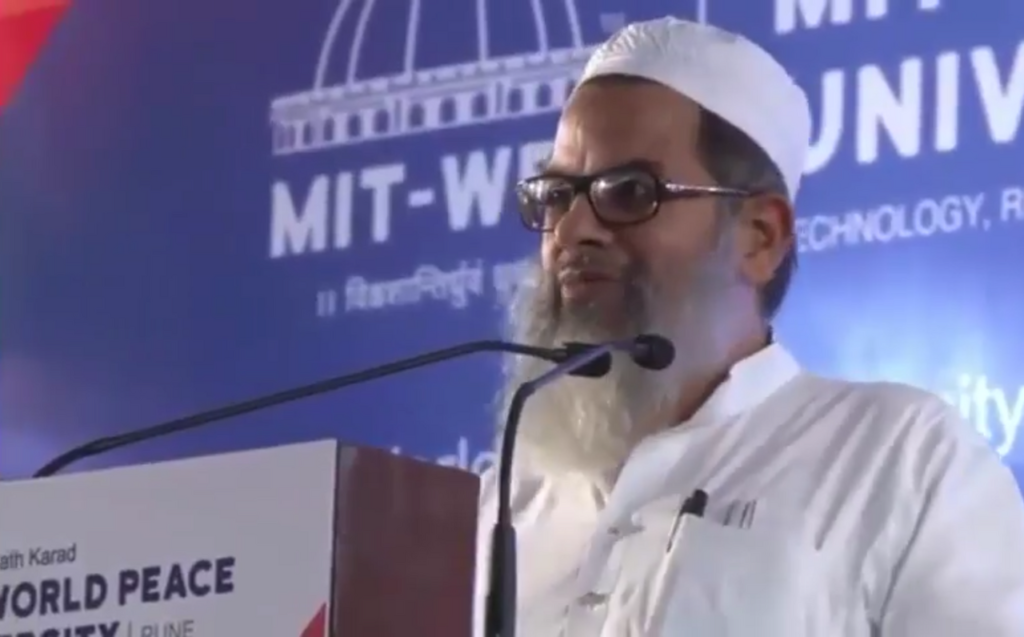
Maulana Mahmood Madani emphasized that precise data would contribute to equitable access to government programs and benefits, especially for underserved populations that have historically been disregarded.
New Delhi: Jamiat Ulama-e-Hind President Maulana Mahmood Asad Madani strongly endorsed the impending caste-based census, calling it a necessary exercise to advance justice, inclusive governance, and fair resource distribution in India.
The caste-based census has changed from being a standard government procedure, Maulana Madani emphasized. “It is now a pressing social and political necessity,” he stated, emphasizing that the information gathered will directly influence policy decisions, particularly in fields like social assistance, developmental programs, and reservations.
He emphasized that precise data would contribute to equitable access to government programs and benefits, especially for underserved and long-ignored marginalized communities.
Call on the Muslim community to take an active role Madani called on all Muslims across to actively participate in the census process, urging their full cooperation. He urged all Muslim households to make sure their caste status is accurately documented, stating that this data is essential for any future community-affecting policy choices.
Additionally, he urged community leaders, Muslim groups, religious institutions, and local Jamiat Ulama-e-Hind branches to take the initiative in helping people understand the census’s long-term effects and guiding them through it.
Islamic precepts and pragmatic reality In response to such queries, Maulana Madani explained that the Islamic value of equality is not violated by endorsing a caste-based census. “A large portion of Indian Muslims remain socially and economically backward, despite the fact that Islam promotes the idea of an egalitarian society,” he said.
He urged a moral and constitutional responsibility to improve the lives of the most marginalized members of society, particularly the underprivileged and marginalized Muslim communities.
Muslim groups that are underrepresented. A letter to the government Madani urged the central government to guarantee that no community is subjected to prejudice during the caste-based census and to perform it with total openness, impartiality, and seriousness. In order to ensure that the results of this exercise result in significant change for the most disadvantaged, he said, “We demand that the government treat this as a matter of national importance.”
